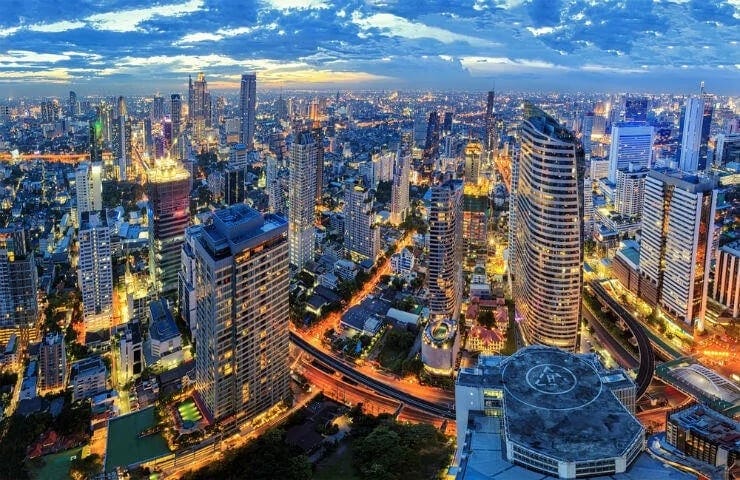Ecosystem Deep Dives #28: Thailand - Big eats small
Thailand's start-up ecosystem is dominated by conglomerates; with all the positives and negatives that brings.

A singular path
Compared to its neighbors, Thailand has a relatively unique history. The country was known as the Kingdom of Siam until it changed its name to Thailand in 1939 under Luang Phibunsongkhram’s rule. Phibunsongkhram set his sight on “modernizing” the country, which included adopting European-style customs and institutions. His rule can be compared to Atatürk’s rule in Turkey; while Atatürk banned the Fez (a traditional hat) and romanized the Turkish alphabet, Phibunsongkhram adopted the Gregorian calendar and incited Thais to wear “western” clothing.
Thailand, due to its strategic positioning between the British colonies in Burma and the French colonies in Indochina, means the country was never colonized, although French colonial forces did gobble up some Thai territory on the western front. Thailand’s “buffer state” status explains why its national identity is strong, compared to other nations that were almost entirely invented by Western powers during the infamous 1884 Berlin conference.
Since then, Thailand has oscillated between periods of military dictatorship, kingdom-ship and democracy, with one those three pillars dominating the country depending on the period. In recent years, youth-led protests have demanded the resignation of Prime Minister Prayut Chan-o-cha’s government and the reform of the Thai monarchy, to no avail.


